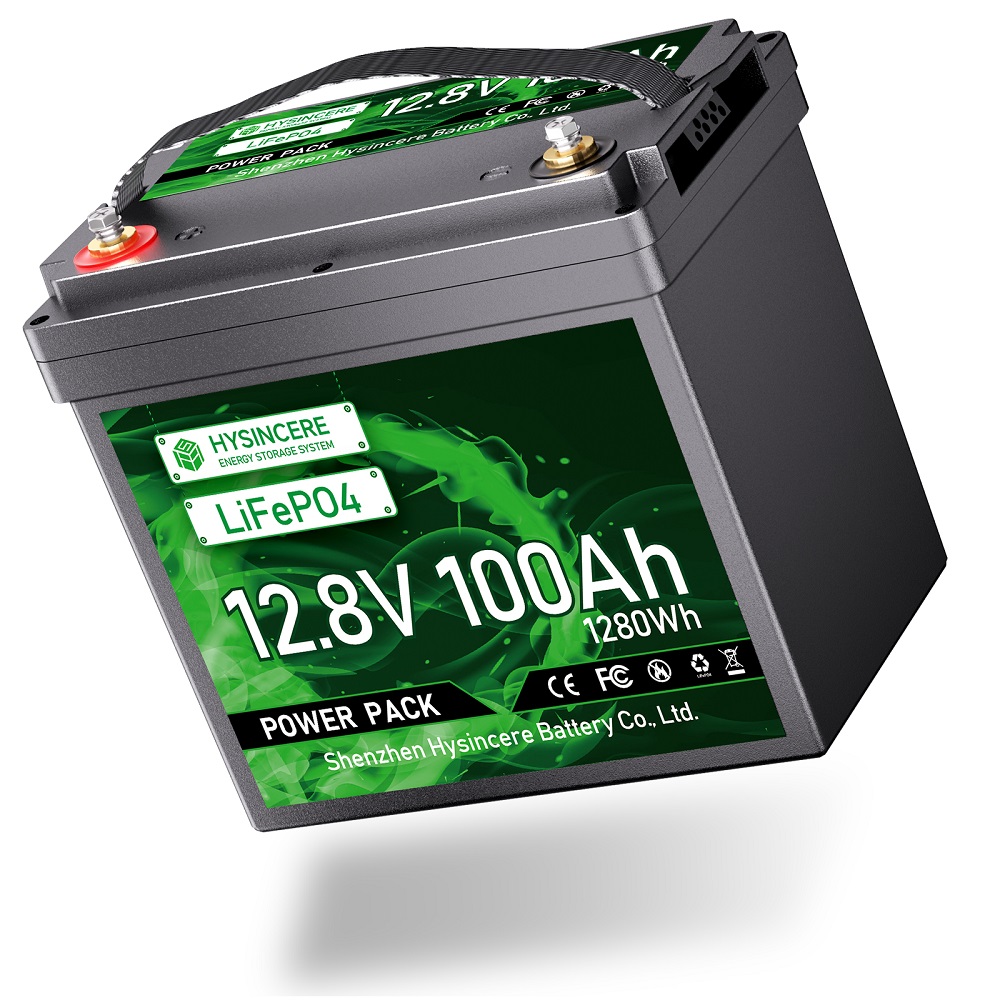
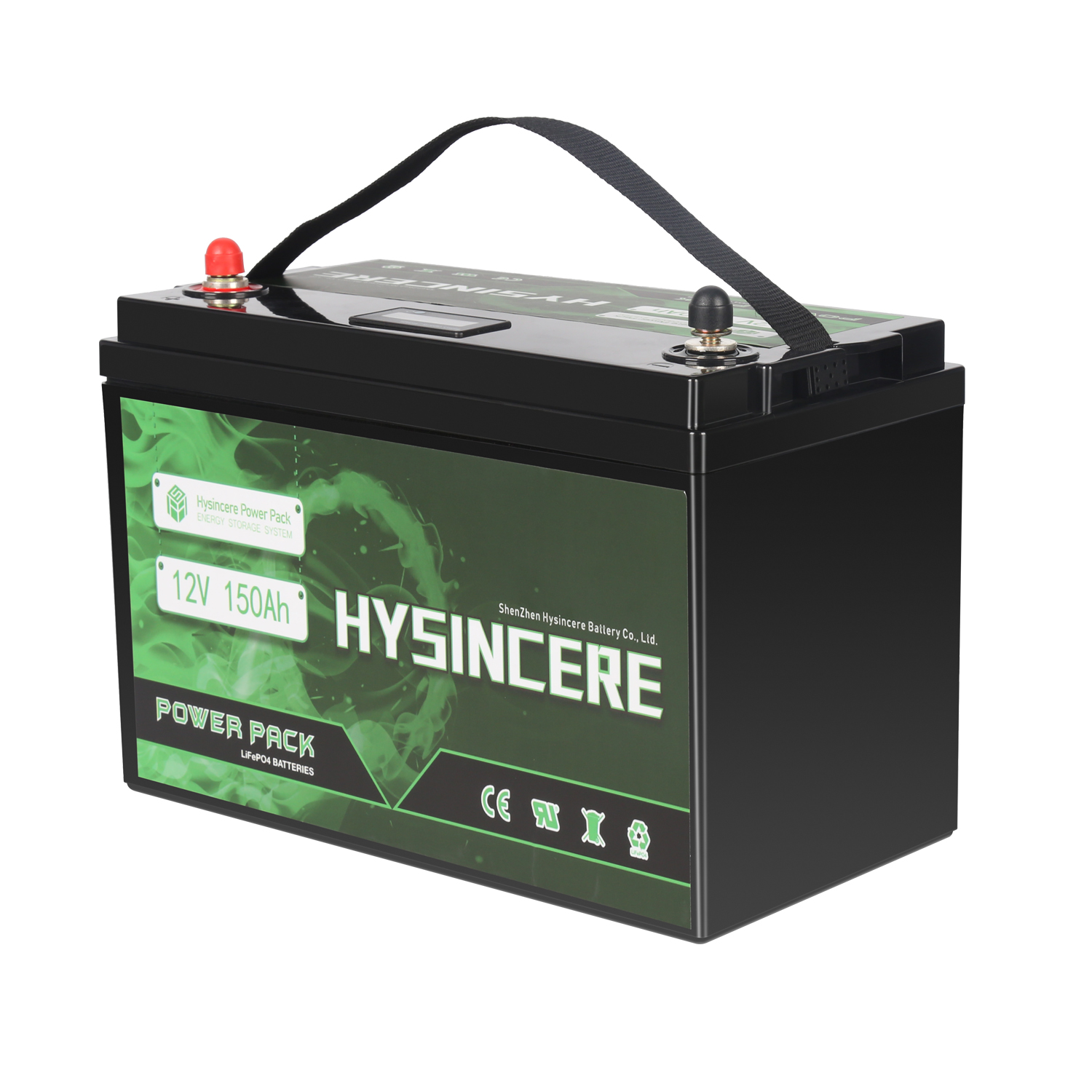
When choosing a battery for your energy storage, solar power system, or electric vehicle, understanding the differences between 12V, 24V, and 48V batteries is essential. This guide will compare 12V 100Ah vs. 48V 100Ah, 12V 100Ah battery vs. 24V 100Ah battery, and help you determine which option best fits your needs.
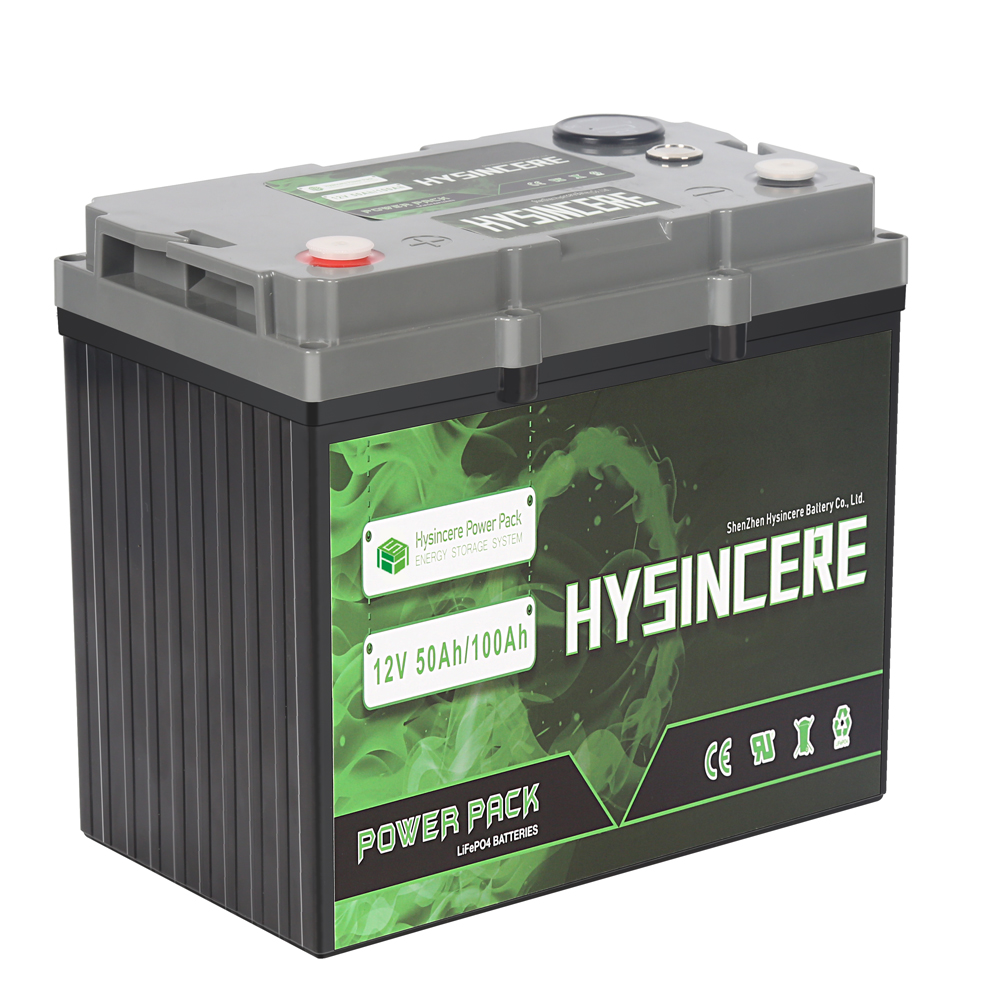
When selecting a 12V 100Ah battery, you’ll encounter two main types: lithium and lead-acid. Each has its advantages and ideal applications. Whether you’re considering a 12V 100Ah LiFePO4 lithium battery or a 12V 100Ah sealed lead-acid battery, this guide will help you make the best choice.
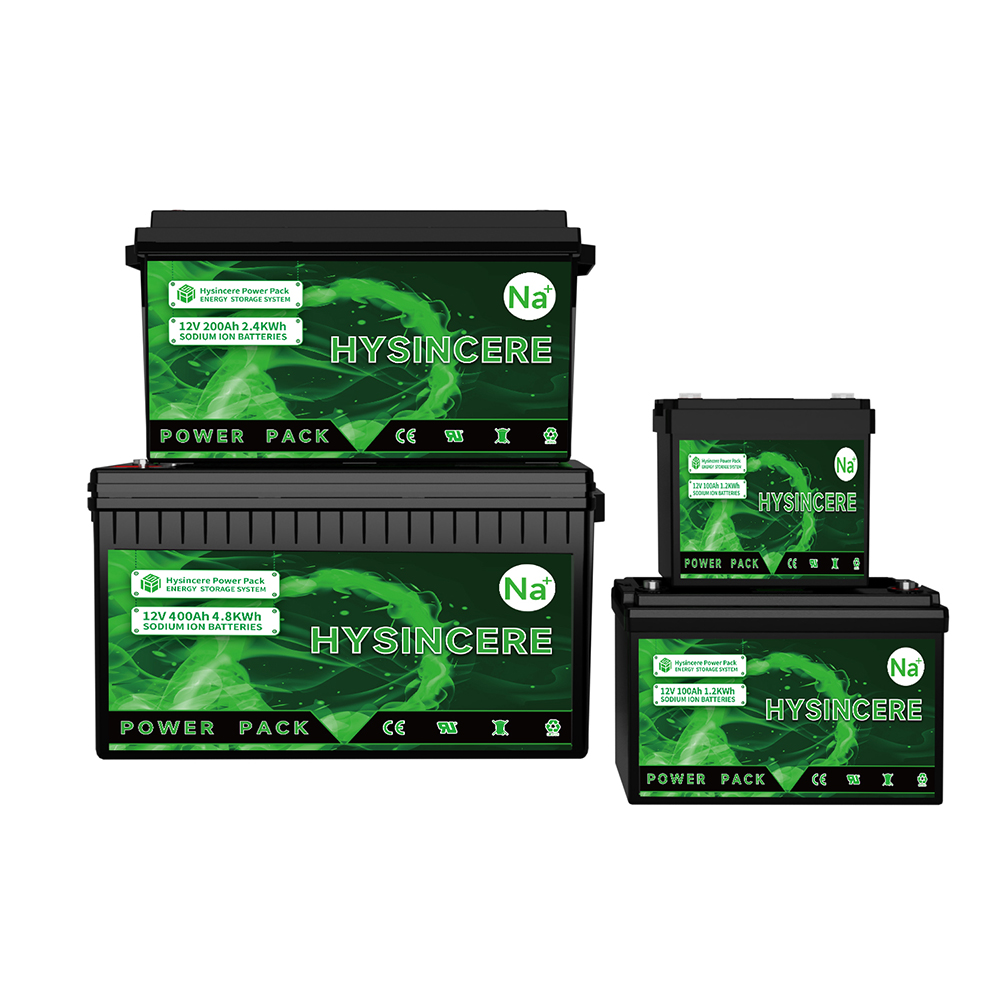
As battery technology continues to evolve, the competition between sodium batteries vs lithium is becoming more relevant. Both battery types have distinct advantages and applications, making it essential to understand their differences. This article explores sodium battery vs lithium battery performance, costs, and potential for future markets.
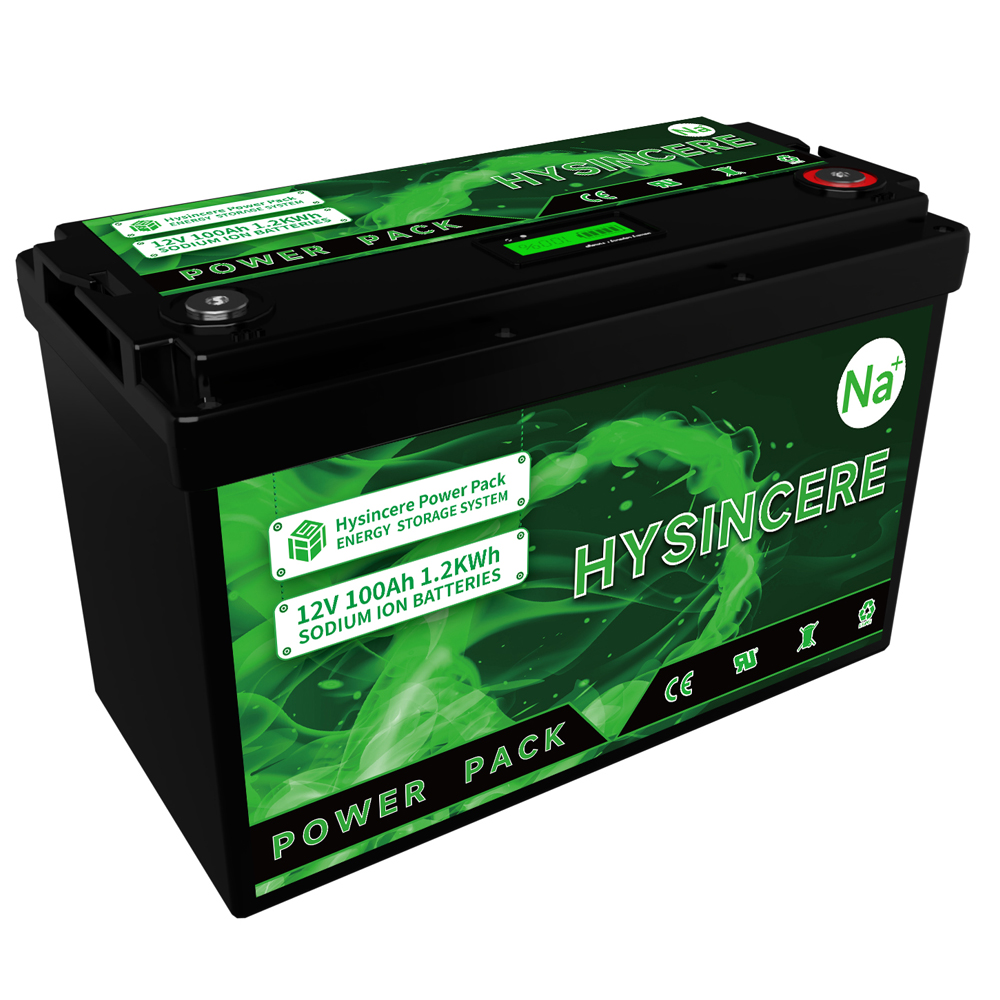
Sodium-ion batteries are emerging as a promising alternative to lithium-ion technology. With their affordability, sustainability, and growing availability, many consumers are exploring options like 12V sodium-ion batteries, 48V sodium-ion batteries, and sodium-ion home batteries. In this guide, we will cover everything you need to know, from benefits to challenges and where to buy sodium-ion batteries.
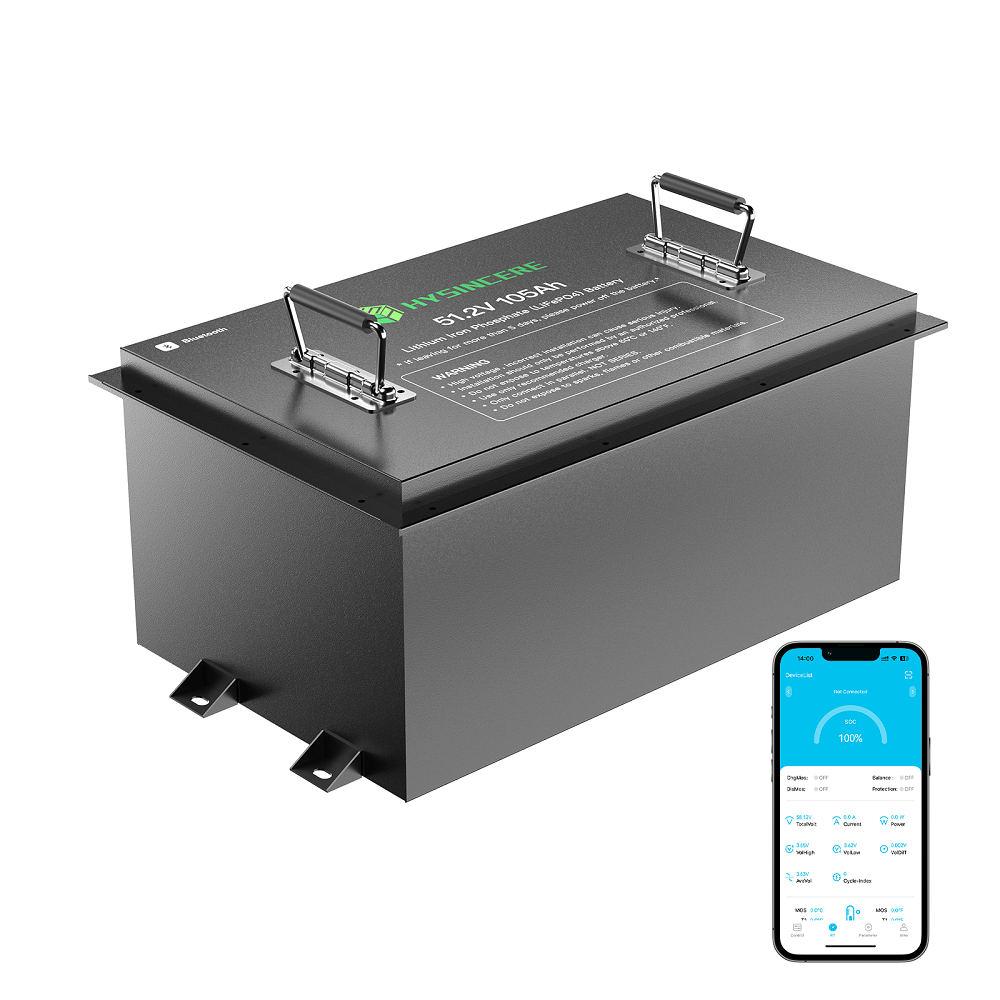
Selecting the right 48V golf cart batteries is essential for ensuring optimal performance, efficiency, and longevity. Whether you’re considering Trojan 48V golf cart batteries or looking for a high-performance 48V lithium battery for golf cart, understanding your options will help you make the best choice.
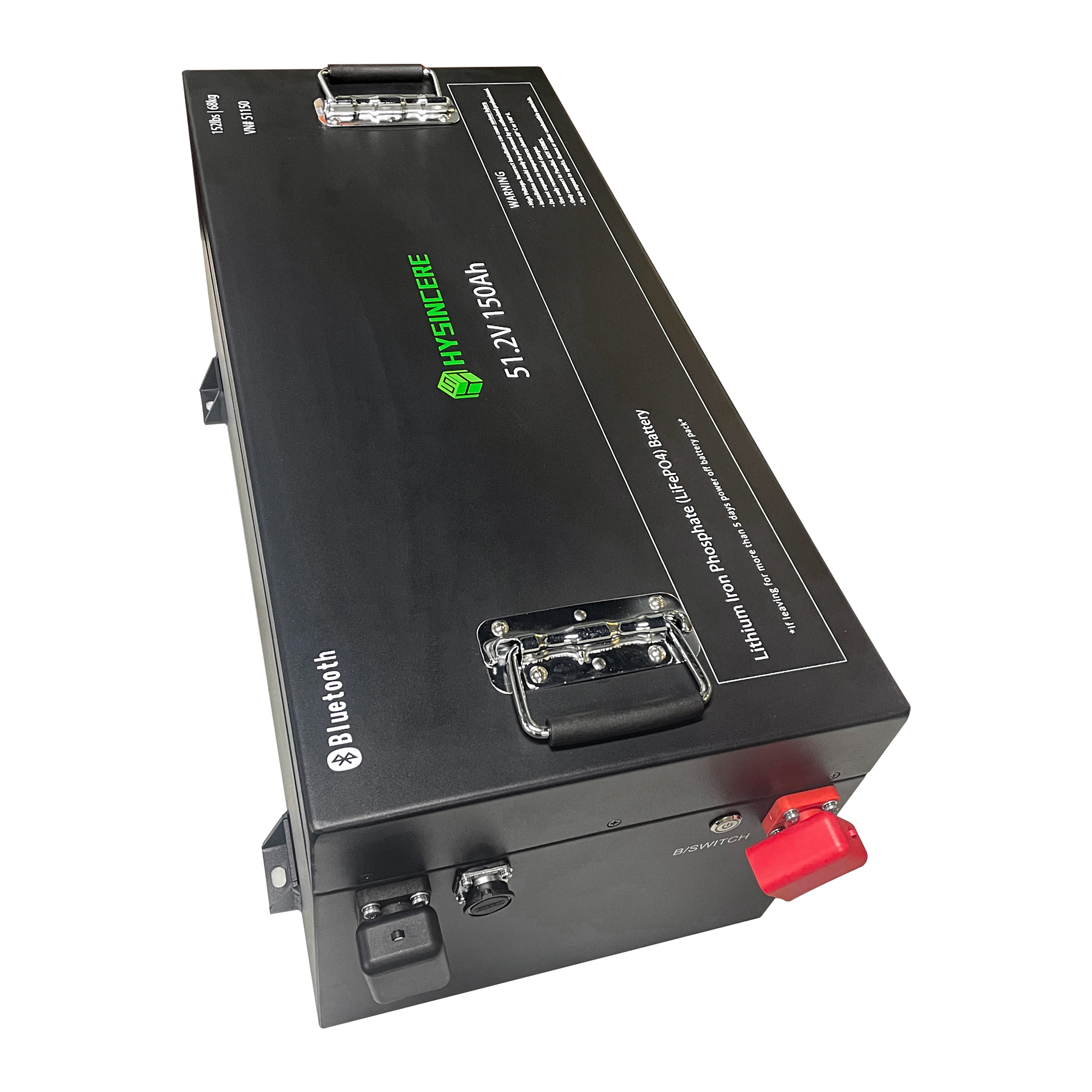
What’s the Difference Between 48V and 51.2V Golf Cart Batteries? When upgrading your golf cart’s power system, you may wonder about the differences between 48V golf cart batteries and 51.2V lithium golf cart batteries. Understanding these variations can help you choose the best battery for performance, longevity, and efficiency.